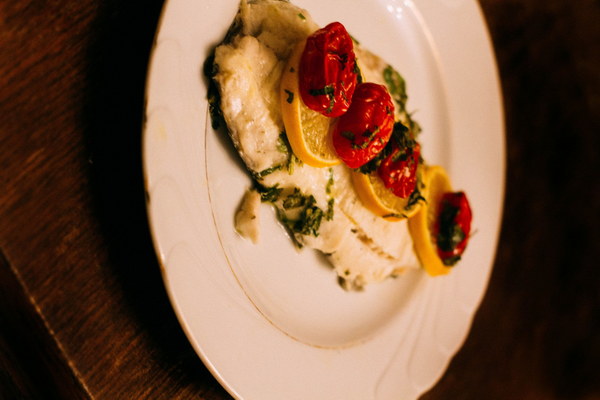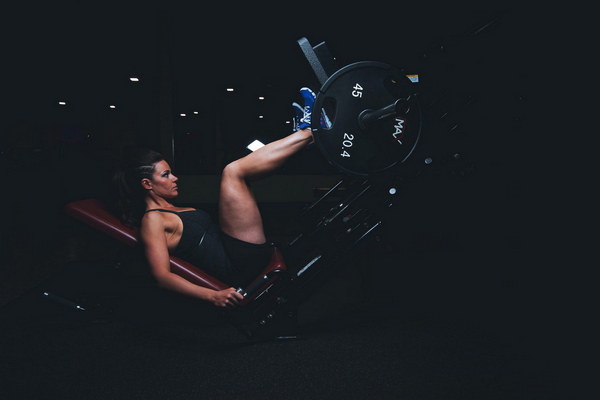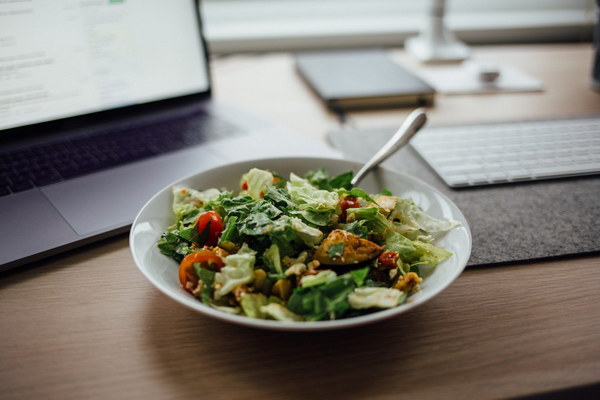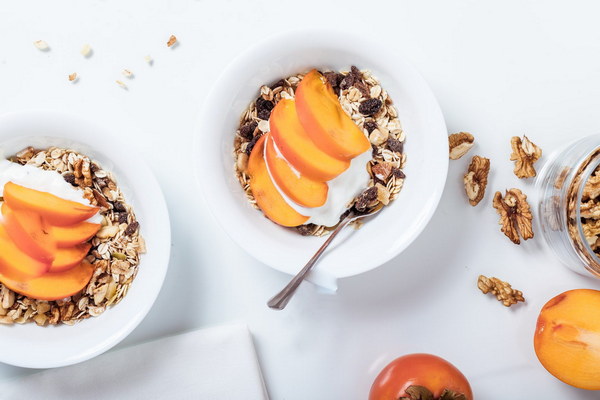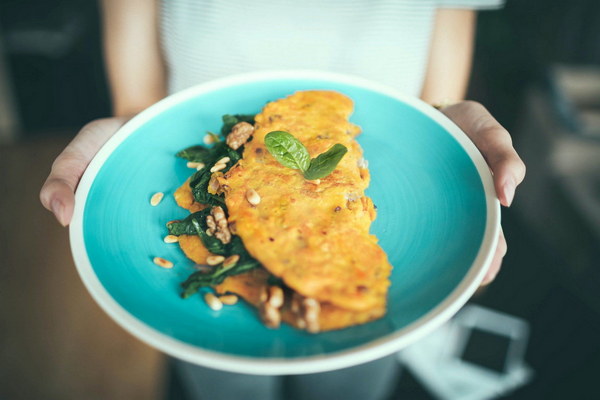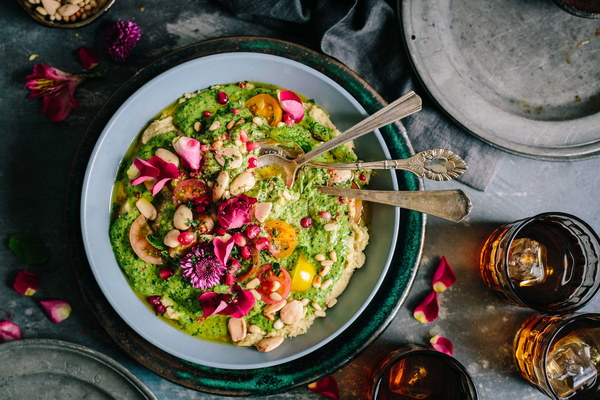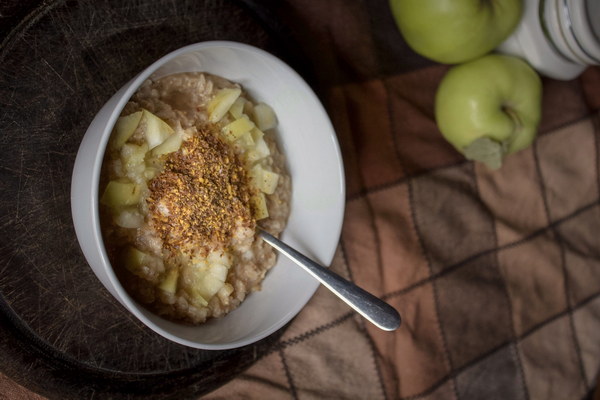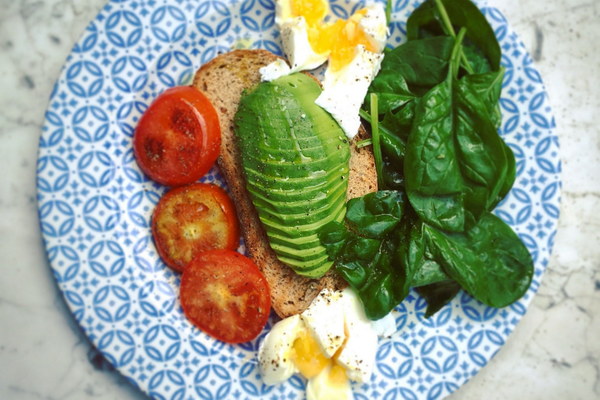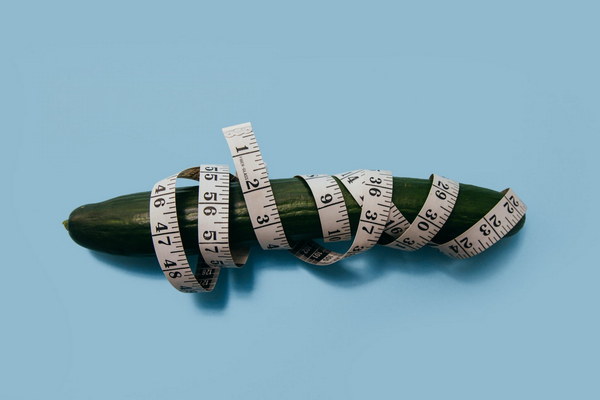Quick and Effective Food Supplements for Anemia What to Eat for a Speedy Recovery
Anemia is a common condition characterized by a lack of healthy red blood cells or hemoglobin in the blood. This can lead to fatigue, weakness, and a decreased ability to carry oxygen throughout the body. While medical treatment is essential, certain foods can help in boosting the body's iron levels and accelerating the recovery process. In this article, we will explore the best food supplements for anemia and how to incorporate them into your diet for a quicker recovery.
1. Iron-rich foods
Iron is a vital mineral for the production of hemoglobin and red blood cells. Including iron-rich foods in your diet can help combat anemia. Here are some of the best sources of iron:
a) Red meat: Beef, lamb, and pork are excellent sources of heme iron, which is more easily absorbed by the body than non-heme iron found in plant-based foods.
b) Poultry: Chicken and turkey contain heme iron, which is beneficial for those with anemia.
c) Fish: Tuna, sardines, and cod are rich in iron and can be included in your diet as a tasty and healthy option.
d) Legumes: Beans, lentils, and chickpeas are great plant-based sources of iron. Incorporate them into soups, stews, and salads for a nutritious meal.
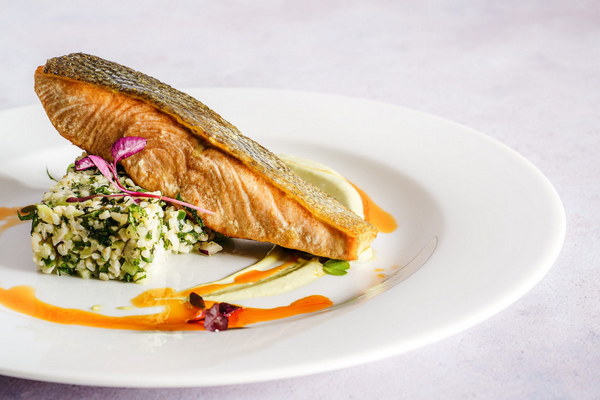
e) Dark leafy greens: Spinach, kale, and Swiss chard are packed with iron and can be enjoyed raw in salads or cooked in various dishes.
f) Fortified cereals and bread: These products are often enriched with iron, making them an easy addition to your breakfast.
2. Vitamin C-rich foods
Vitamin C helps improve the absorption of iron from plant-based sources. Including vitamin C-rich foods in your diet can enhance the effectiveness of iron-rich foods. Here are some excellent sources of vitamin C:
a) Berries: Strawberries, blueberries, raspberries, and blackberries are all high in vitamin C.
b) Citrus fruits: Oranges, grapefruits, lemons, and limes are great sources of vitamin C and can be added to water or used in cooking.
c) Kiwi: This exotic fruit is packed with vitamin C and can be enjoyed as a snack or added to fruit salads.
d) Peppers: Red, green, and yellow bell peppers are high in vitamin C and can be used in various dishes, such as stir-fries, salads, and soups.
3. Folic acid-rich foods
Folic acid is essential for the production of red blood cells. Including folic acid-rich foods in your diet can help prevent and treat anemia. Here are some excellent sources of folic acid:
a) Leafy greens: Spinach, kale, and Swiss chard are high in folic acid and can be enjoyed raw or cooked.
b) Legumes: Beans, lentils, and chickpeas are also rich in folic acid and can be added to soups, stews, and salads.
c) Fortified cereals: These cereals are often enriched with folic acid, making them a convenient option for breakfast.
d) Citrus fruits: Oranges, grapefruits, and lemons contain folic acid and can be added to water or used in cooking.
4. Vitamin B12-rich foods
Vitamin B12 is crucial for the production of red blood cells. Including vitamin B12-rich foods in your diet can help combat anemia. Here are some excellent sources of vitamin B12:
a) Meat: Beef, lamb, and pork are excellent sources of vitamin B12.
b) Fish: Tuna, salmon, and cod are high in vitamin B12 and can be included in your diet as a healthy option.
c) Dairy products: Milk, cheese, and yogurt are good sources of vitamin B12.
d) Fortified cereals and plant-based milk: These products are often enriched with vitamin B12, making them a convenient option for those following a vegan or vegetarian diet.
Incorporating these food supplements into your diet can help boost your iron levels and accelerate the recovery process from anemia. Remember to consult with your healthcare provider before making any significant changes to your diet or starting a new treatment. By combining a balanced diet with proper medical treatment, you can overcome anemia and enjoy a healthier life.
